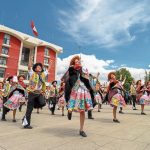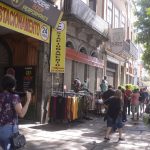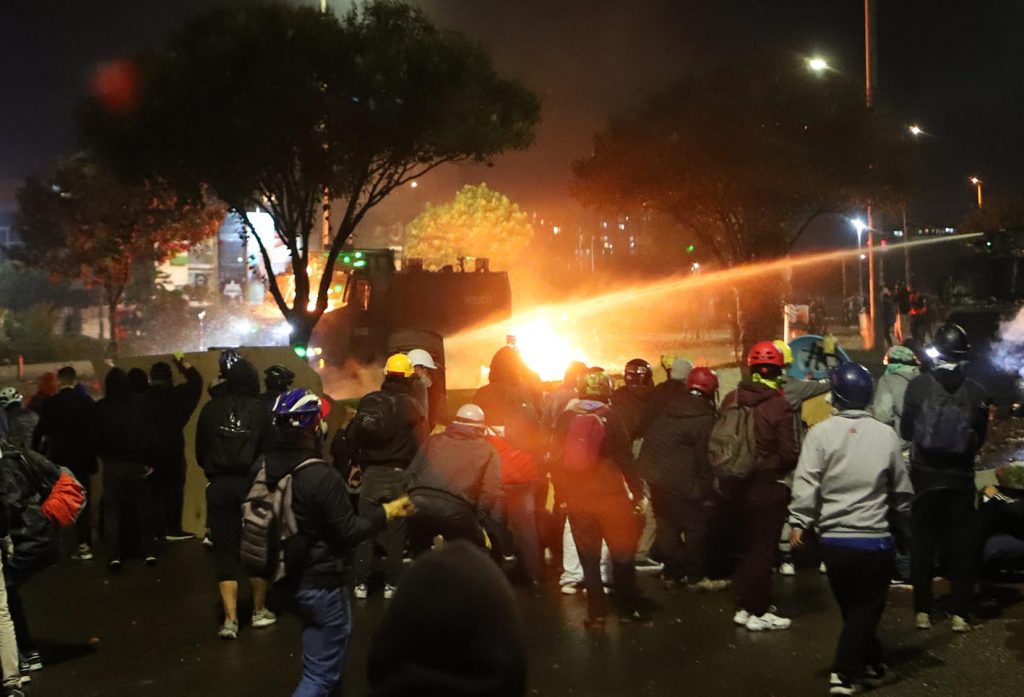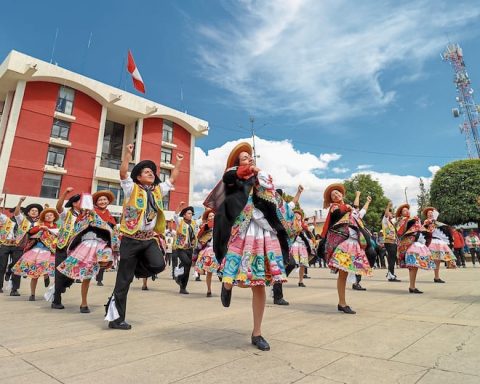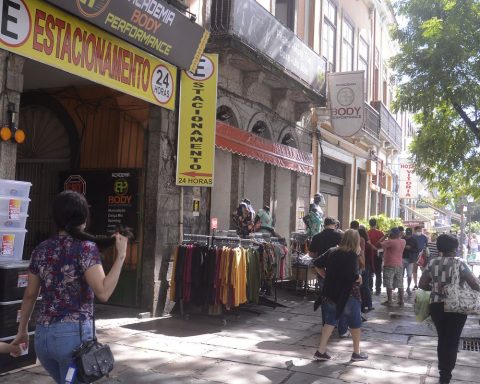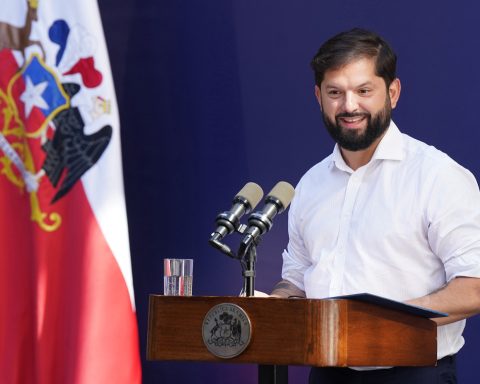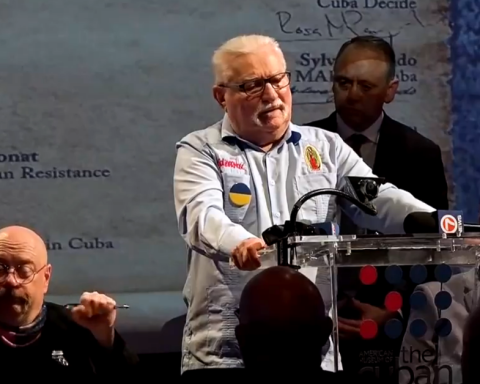“Relatos Bicentenario 1821” is one of the eight works published by the Commission of the Bicentennial of Independence of Panama from Spain, within the framework of the commemoration of this historical event, which through the Ministry of Culture (MiCultura), is a contribution to that the new generations know about the events that occurred before, during and after the historical event.
The literary work, which is authored by Andrés Villa, is the fourth to be added to the books already exhibited by writers such as Gerardo Maloney, Ernesto Castillero Calvo and Omar Jaén Suárez, who, like Villa, analyze the Panamanian historical past in their texts from various genres, thus contributing to the Panamanian literary wealth.
The narrative of the book contains a dozen stories where the writer exposes the difficult time of the independence of Panama from Spain and its subsequent union with Colombia, when in the first half of the 19th century the route taken by new republics that are now governed is resolved. by the upper classes that must face great powers that aspire to have the power of the key step in the Americas.
In its pages the presence of historical figures such as Simón Bolívar, Mariano Arosemena, generals José de Fábrega, José Domingo Espinar, Eligio Alzuru and Tomás Herrera who mix with other fictitious characters such as Andrés del arrabal, Monaguillo, Candita, el Negro Serapio, Aguatero, the smuggler and the watermelon seller, who appear at the most critical moments in history.
Regarding the work, the Vice Minister of Culture Gabriel González, affirmed that in “Relatos Bicentenario 1821″ the author describes a Panama united by independence sentiments, which, although motivated by different commercial and political interests, had the same genesis ” dreams of freedom and progress ”and thus, in this way, explodes the feeling that was born silently and grew in the hearts of the isthmeans for the self-determination of their own destiny.
González also pointed out that “the publication of these books is developed under the vision of the President of the Republic, Laurentino Cortizo Cohen, who entrusted to the organizing commission of the Bicentennial, that this commemoration entails a time of reflection and unity for all Panamanians on the struggles, achievements, successes and mistakes of the citizens that make up this great nation, which is Panama ”.
On the other hand, the author Andrés Villa uses the story genre as a research method to inquire about what Panama was like 200 years ago. Their stories recall how the isthmus has always been an ideal territory for self-advancement and for the development of world trade.
His accounts are full of accounts of commercial transactions, seafights, and escape plans. Their stories speak of love, revenge, ambitions, opportunities, struggles and dreams of freedom.
About the Author
Andrés Antonio Villa Ortega, was born on May 29, 1950 in the Santa Ana neighborhood of Panama City.
Within his professional career, it is worth mentioning that he held the presidency of the Club Plaza Amador ANAPROF and his position as head of Public Relations of the Tourism Authority of Panama and the Port of Colón 2000. His literary work in the history of Panama is related to the condition of being Panamanian, where he expresses the universal values that he has found in his life.
Among his academic achievements there is a Diploma in Literary Creation, from the Technological University of Panama (UTP) and since then he has dedicated himself to the production of novels such as “La Nueve”, “Los Cuentos Perzados”, “Have you seen Yuca Zapata ?, “Correoso Arrabal Ardiente” and “Runnels El Verdugo de Panamá”, “January 9”. In the chronicle genre: “100 years of the Panama Canal”, Legends, Stories and Traditions 500 years of Panama City, among others.
